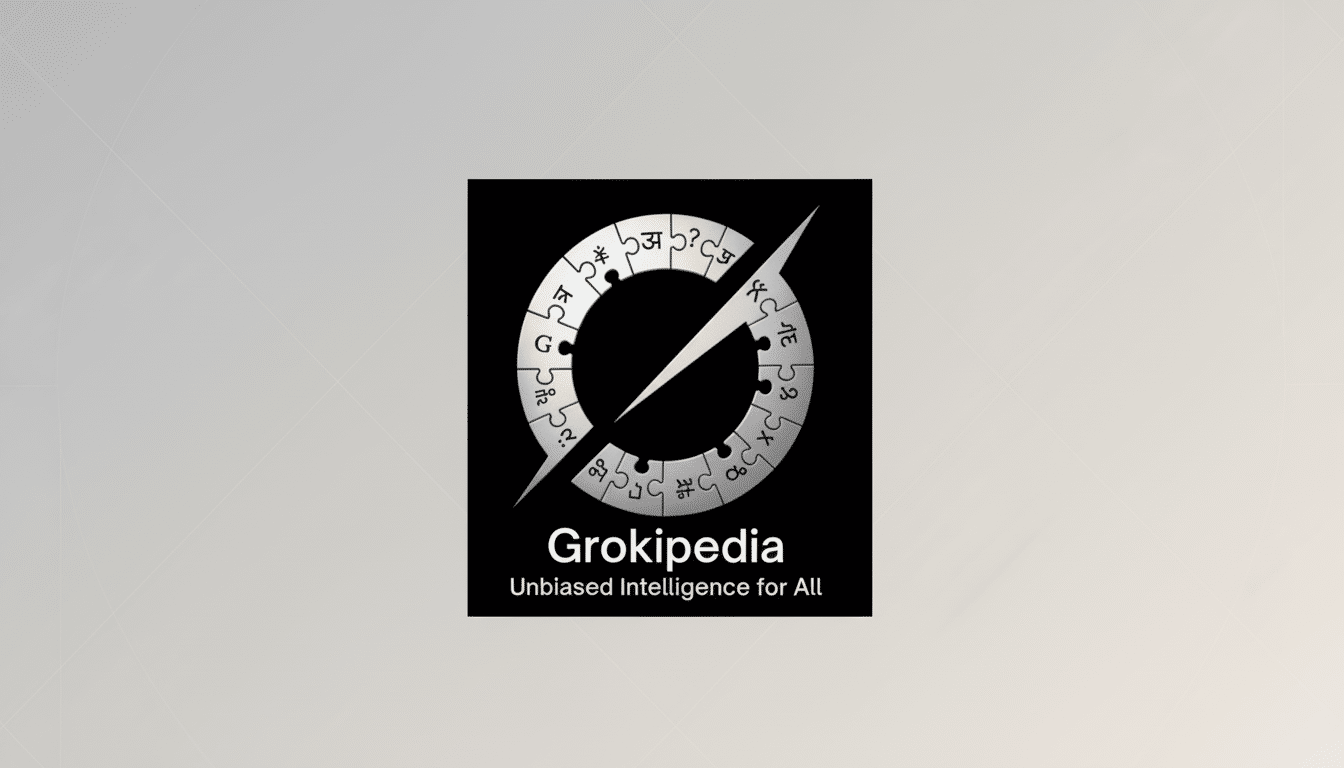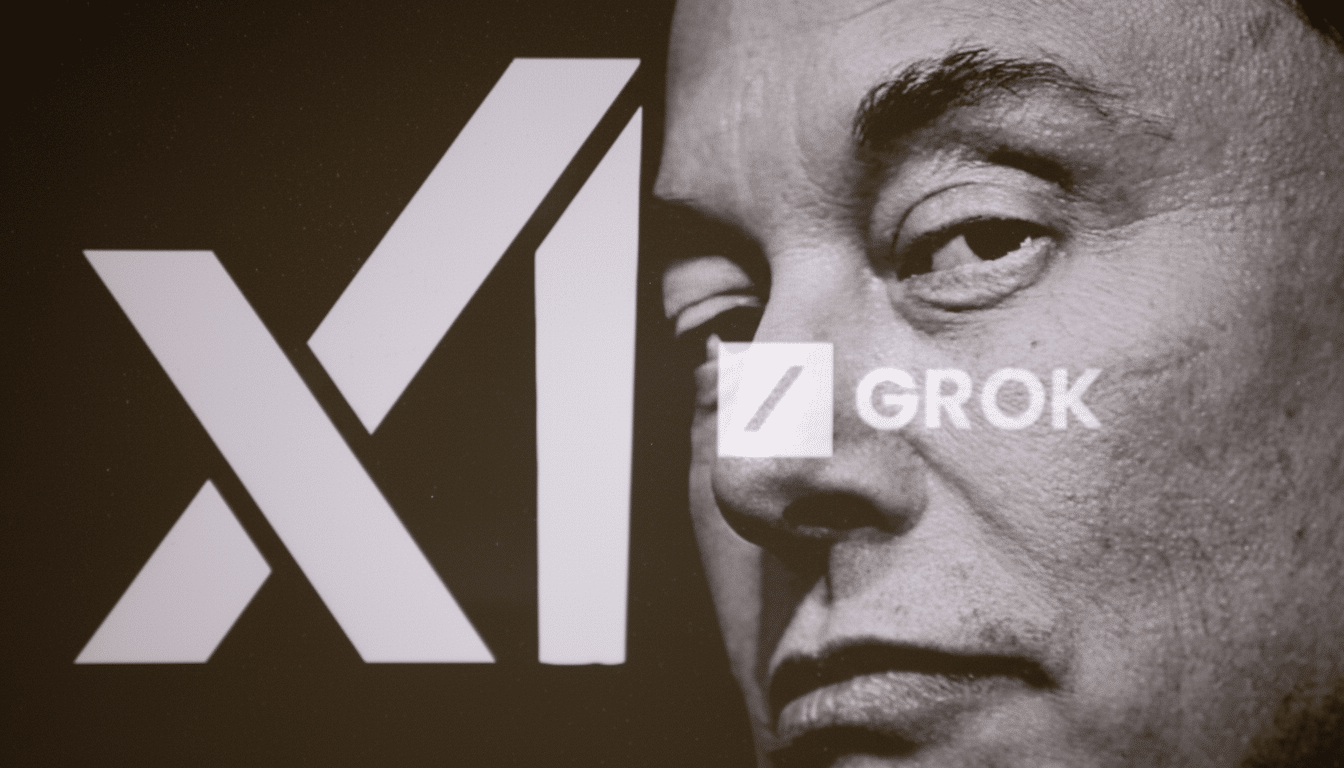Elon Musk’s next swing at reshaping the internet is going to come very soon. Grokipedia—an AI-generated knowledge base that his xAI team is currently creating will launch in early 0.1 beta, reflecting a fast ship-and-iterate strategy and willingness to experiment in the open. The pitch is audacious: take on Wikipedia’s dominance with an encyclopedia that preserves everything anyone ever writes, renders every edit immediately, and makes all this intel more readable to the average user.
What Is Grokipedia and How xAI Envisions Its Knowledge Base
The B.R.A.T. aspirations for Grokipedia are that it be a knowledge engine, based on the Bronco models but with real and continuous signals from the unwashed yonder of the internet (and X posts).
- What Is Grokipedia and How xAI Envisions Its Knowledge Base
- Why Musk Seeks an Alternative to Wikipedia’s Approach
- How Grokipedia Could Work as an AI-first Encyclopedia
- The Hurdles Ahead for a Trustworthy AI Knowledge Base
- The Competitive Landscape in AI Search and Curation
- What To Watch When the Grokipedia Beta Goes Live

i.e., rather than relying on volunteer editors or citations, use large language models to call up, color in, and update definitions as things change.
Job listings in xAI suggest that the project is creating AI-first search and retrieval pipelines that will be able to reason over text, video, and images, as well as audio—an audacious multimodal scope beyond a static article format.
The product will show up as a beta, and the framing of it matters. Even the best language models still hallucinate. Judged by independent evaluations, such as leaderboards from academic and community labs, models show more advanced reasoning benchmarks, while actual factual reliability is significantly mixed by domain and prompt. An encyclopedia that writes itself has to solve for provenance, sourcing, and traceable updating—or it risks speed without trust.
Why Musk Seeks an Alternative to Wikipedia’s Approach
Musk has claimed that Wikipedia is biased and lacking context, casting Grokipedia as a counterweight. The hope is to “clear the misinformation” and add nuance with the help of AI that can trawl enormous corpora and reconcile contradictory claims. It’s a powerful message for someone who owns a platform premised on open speech and leans into quick trial-and-error in his companies.
There’s also a strategic layer. xAI is developing a product suite around Grok, and the reference-grade knowledge base for an agentic AI system is highly valuable. If Grokipedia becomes an official substrate—with citations, versioning, and APIs—it can trickle into assistants, search interfaces, and developer tools throughout the Muskverse from X to inside cars or robots.
How Grokipedia Could Work as an AI-first Encyclopedia
From xAI’s recruiting materials, three pillars stand out:
- Retrieval: systems that can zero in on the right sources—including not just web pages but multimedia and structured data—rapidly.
- Reasoning: models that estimate evidence against hypotheses to make claims with confidence scores and transparent citations.
- Updated: pipelines that pull in new events, evaluate their reliability, and then refresh the records with audit logs.
Done right, that stack could do things a traditional wiki does not: near-real-time updates for fast-moving topics, richer multimedia context, and consistent formatting at scale. Examples in the real world include live coverage of scientific preprints as review happens, or near-real-time synthesis of regulatory filings and earnings calls—areas where latency and comprehension make a difference.

The Hurdles Ahead for a Trustworthy AI Knowledge Base
Trust and governance are the big ones. Wikipedia, which has over 6 million entries in English alone and garners billions of pageviews a month, may benefit from network effects for its data, but its real moat is process—verifiability, neutral point of view, and community oversight. They allow for users to interrogate contested claims and biographies of living people (we think that is a good feature, although not the only one), and with their transparent talk pages and edit histories, they also enable the community to monitor such articles. A transparent alternative would need to be at least as, if not more, transparent in order to gain trust.
Data provenance is another challenge. If Grokipedia has an emphasis on social streams that are reinforced, technology-wise, for speed, it picks up platform noise: rumors, coordinated campaigns, and low-quality sources. An ever-growing body of research from outfits including Pew Research Center consistently finds that social platforms are important news gateways as well as vectors for mis- and disinformation. Without aggressive source ranking and strong citations, an AI-written encyclopedia could exacerbate the sources of misinformation it means to solve.
Finally, there’s the human factor. Previous efforts to “out-Wikipedia Wikipedia,” such as Citizendium and Everipedia, have had problems in maintaining diverse communities of active editors. Even with great AI, knotty editorial questions—what is newsy, which sources are reliable, how to represent minority views—cry out for governance and accountability. Look for attention to focus on conflicts of interest and how disputed topics are adjudicated.
The Competitive Landscape in AI Search and Curation
The timing squares with a broader move toward retrieval-augmented generation across AI. The major labs are investing in tools that bind models to evidence: browsing features, citation systems, and enterprise-grade knowledge graphs. The edge of xAI might have been data access and speed—amplified by a social graph and funding runway; the company announced a multibillion-dollar raise in 2024 to scale up training and infrastructure.
But incumbents are moving too. Search providers and AI assistants are already scrambling to join authoritative sources with generative summaries, while publishers are advocating strong licensing and attribution. The winner will be the system that gets the mix right between completeness, freshness, and trust—supported by citations users can trace at least in part themselves.
What To Watch When the Grokipedia Beta Goes Live
When the beta starts, keep an eye out for three tells:
- Citation quality and click-through traceability.
- How the platform deals with disputed edits and reverts.
- Whether entries show confidence scores or offer provenance badges.
Also look for developer access—APIs or tools that allow others to build on top of Grokipedia, which would hint at a platform play and not just a website.
Musk is known to launch early and iterate in public. If Grokipedia can provide transparent sourcing, rapid updates, and a governance model that inspires trust, it will make the others try harder. If it does not, then it risks falling into another AI demo: impressive at first sight, but not the definitive work that people depend on.

